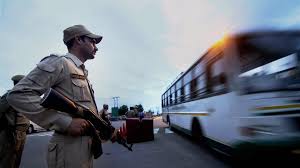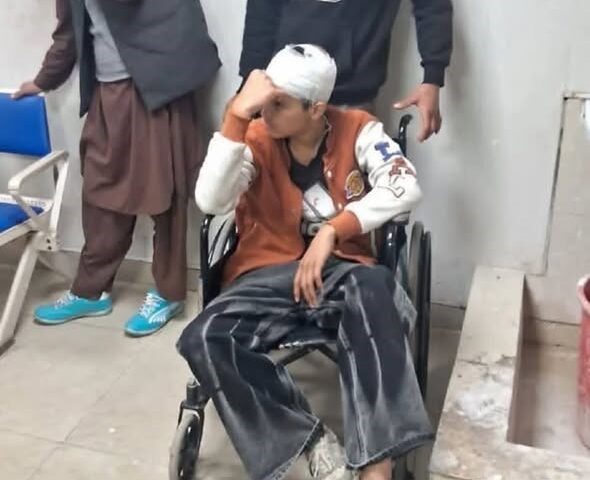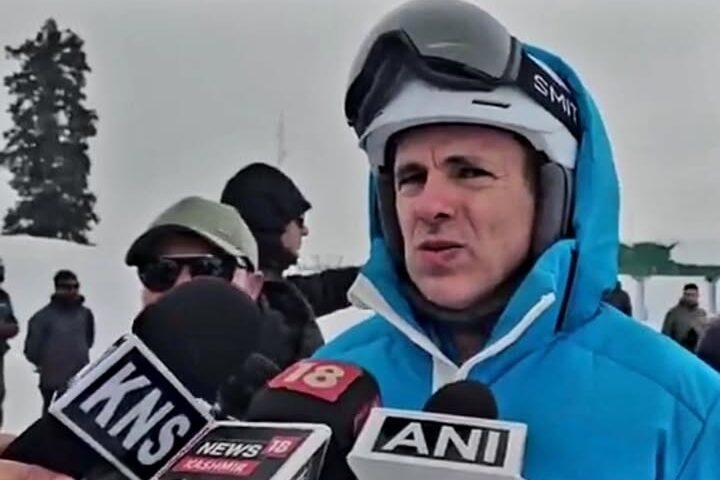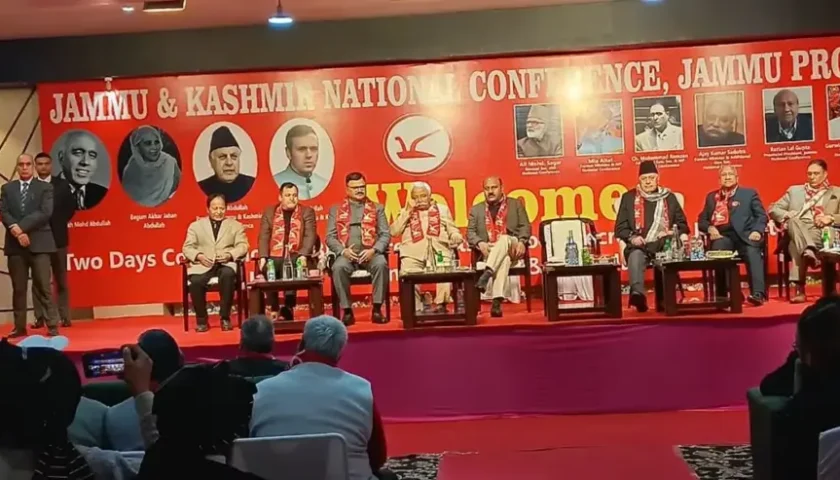Officials in the home ministry, army, and Jammu and Kashmir police said an internal ceasefire is laden with risks, while the enforcement of a ceasefire with Pakistan is contingent on the latter’s behavior.
The Mehbooba Mufti government on Thursday continued to push for a unilateral ceasefire with terror groups in the state and along the border with Pakistan during the holy month of Ramzan, but New Delhi, while it will consider the issue, is unlikely to accept the proposal, particularly with regard to internal operations, several officials familiar with the development said.
The security forces, in particular, have conveyed their opposition to the move, these people added. Mufti’s ally in the state, the Bharatiya Janata Party (BJP), is against a ceasefire.
“There is a demand; the issue is at the deliberation stage, but no final decision has been taken in this regard by the centre,” said one of the officials.
The official said that a ceasefire is already in force on the international border and the line of control (LoC), the de-factor border that divides Jammu and Kashmir and Pakistan-occupied-Kashmir.
But the person added that there have been constant violations of the ceasefire agreement. “The issue of whether the ceasefire would be extended within the valley or be enforced more strictly at the border and LoC is yet to be decided. A decision is expected within next couple of days,” added the person.
Officials in the home ministry, army, and Jammu and Kashmir police said an internal ceasefire is laden with risks, while the enforcement of a ceasefire with Pakistan is contingent on the latter’s behavior.
A second official familiar with the development said a unilateral ceasefire within the valley is highly unlikely. “The situation in the valley is difficult. We cannot just declare a unilateral ceasefire,” he added.
The army and local police believe the move could be counter-productive.
An army officer familiar with counter-terror operations said on condition of anonymity that this could give terror outfits an opportunity to regroup at a time the force has an upper hand in the valley.
“The army has had a string of successes in eliminating hard-core terrorists in recent weeks. The terror outfits are on the back foot and we can’t squander that advantage,” added this person.
A similar experiment announced by the Atal Bihari Vajpayee government in 2000 was a failure, said another army officer who spoke on condition of anonymity. On the eve of Ramadan in November 2000, Prime Minister Vajpayee announced non-initiation of combat operations (NICO) against terrorists in the state.
“A unilateral ceasefire could give terror outfits breathing space. It could prove to be a good window for carrying out recruitments. If a ceasefire has to be there, it has to be called and respected by all stakeholders, including terror groups,” the army officer added.
Another senior government functionary concurred and said that there was a major terror attack at the Srinagar airport during the period of the first ceasefire and any such announcement would be construed as ‘weakness’.
He added: “Many still recall that terrorists roamed freely in this period. Is there any guarantee that the situation would not repeat itself?”
A senior official in the Jammu and Kashmir Police, who did not want to be named, also expressed similar concerns.
An all-party meeting convened by Mufti on Wednesday decided to push for a “Ramadan ceasefire” along the lines of Vajpayee’s initiative in 2000.
The CM said: Aa consensus was built to appeal to government of India to consider a unilateral ceasefire…the way Atal Bihari Vajpayee did a unilateral ceasefire in 2000.’’
The holy month of Ramadan will start in the third week of May. Mufti said on Wednesday that a delegation from the state is also likely to meet the Prime Minister to discuss the issue and a memorandum in the regard will also be submitted to the centre.
The Bharatiya Janata Party’s state unit rejected the decision suggesting the issue was barely discussed in the all party meeting on Wednesday.
“This issue was raised first by Engineer Rashid (independent MLA) and then by others. But there was no broader discussion on the issue and we don’t want any unilateral ceasefire at this juncture,” party spokesman Arun Gupta said at a press conference in Jammu.
The statement from the state BJP attracted sharp criticism from the National Conference, which has supported the proposal.
Its leader and former chief minister Omar Abdullah, chided the Chief Minister on not being on the same page with her allies. “What was the point of @MehboobaMufti calling an all-party meeting to build a consensus around initiatives in Kashmir when her ally in the government doesn’t agree with her! Yet she will shamelessly cling to power because that’s all that matters to her,” Abdullah said on Twitter.
The PDP-BJP alliance has come under severe criticism after the fresh cycle on violence this month.
At least 16 people, including eight militants, seven civilians and a tourist, have been killed in the past four days.




